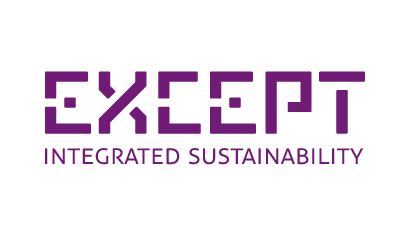Home / Business & Management / Sustainability / An Introduction to Systems Thinking for Sustainability: SiD Theory I / The SiD Definition of Sustainability
This article is from the free online
An Introduction to Systems Thinking for Sustainability: SiD Theory I


Reach your personal and professional goals
Unlock access to hundreds of expert online courses and degrees from top universities and educators to gain accredited qualifications and professional CV-building certificates.
Join over 18 million learners to launch, switch or build upon your career, all at your own pace, across a wide range of topic areas.








